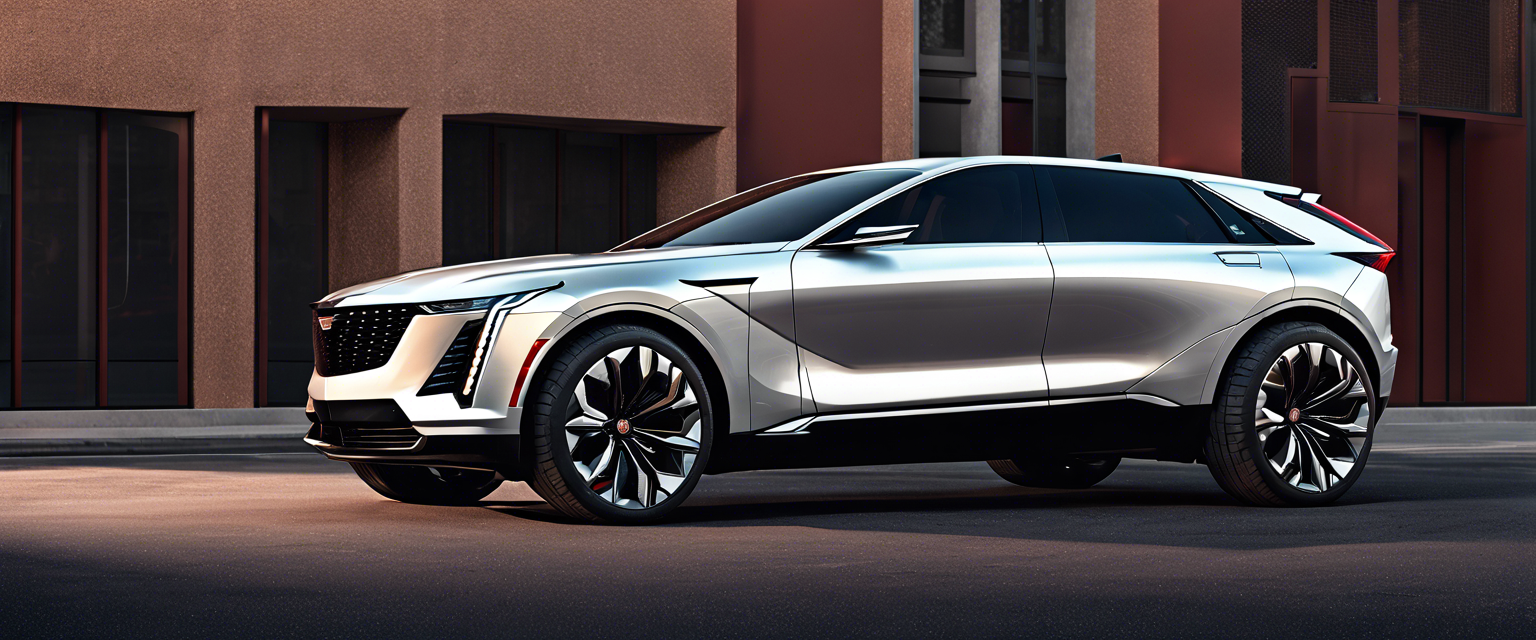2024 Presidential Election and the American Auto Industry
Has there ever been a presidential election so totally obsessed with the American auto industry? Sure, past campaigns have made glancing reference to the storied auto sector, but this election feels different. The combination of Michigan, home of the Big Three automakers (Ford, GM, and Stellantis), as a crucial swing state, along with the historic shift toward electric vehicles, has put the industry at the forefront of an unpredictable presidential race.
Biden’s EV Vision and Policy Initiatives
Joe Biden kicked things off early by making electric vehicles (EVs) the centerpiece of his administration’s effort to combat climate change. This included:
- Billions of dollars for new charging infrastructure.
- Tax credits for buyers.
- Monetary incentives for manufacturers looking to build new factories or retrofit old ones.
The president, a known car enthusiast, even took the opportunity to drive an electric Ford truck, showcasing his commitment to cleaner vehicles. However, the narrative has often been distorted by right-wing media, leading to a perception of government mandates forcing consumers to purchase EVs.
Trump’s Opposition to EVs
Former President Donald Trump has utilized the vision of Biden's EV strategies to resonate with voters who are skeptical about the transition from gas vehicles to EVs. He has claimed that these policies could jeopardize the American auto industry and jobs, asserting they are detrimental to Michigan manufacturing.
The Political Landscape of EV Support
The swift politicization of EVs has surprised many stakeholders in the auto industry. Leaders like General Motors’ CEO Mary Barra have expressed disbelief that the propulsion system of vehicles has become a partisan issue. The reality is that the choice of automobile has always been reflective of certain political beliefs.
Electric Vehicles: A Divided Issue
Recent polls indicate that support for EVs is split along party lines:
- Democratic leaders continue to invest heavily in EV infrastructure.
- Support among American voters for EVs is falling, with only 3 in 10 Americans considering an EV for their next purchase.
Concerns over charging availability, range anxiety, and cost persist, leading to decreased confidence in the market among potential buyers.
The Chinese Challenge in the EV Market
In the global landscape, China has emerged as a powerhouse in EV production, offering vehicles that are often cheaper than their American counterparts. The average EV price in the U.S. still hovers around $50,000, making them less accessible to many consumers.
What's Next for the Candidates?
While neither candidate has significantly addressed broader transportation issues that could impact the auto industry, it's clear that strong political forces will shape the future of American vehicles:
- Kamal Harris is likely to support Biden’s efforts in enhancing transportation networks through electric options and promoting environmental justice.
- Trump appears inclined to reinforce existing policies that prioritize highway expansion over public transportation funding.
Conclusion: Implications for the Next Car You Buy
Ultimately, the outcome of the upcoming election will undeniably influence the automotive landscape. Whether in Michigan or across the nation, the next president will impact not only the direction of the automotive industry but also how Americans approach their vehicle choices.
As the election race heats up, it’s essential for voters to weigh the implications of each candidate's policies on both the auto industry and the broader environmental initiatives associated with the future of transportation in America.



댓글 남기기
모든 댓글은 게시 전 검토됩니다.
이 사이트는 hCaptcha에 의해 보호되며, hCaptcha의 개인 정보 보호 정책 과 서비스 약관 이 적용됩니다.